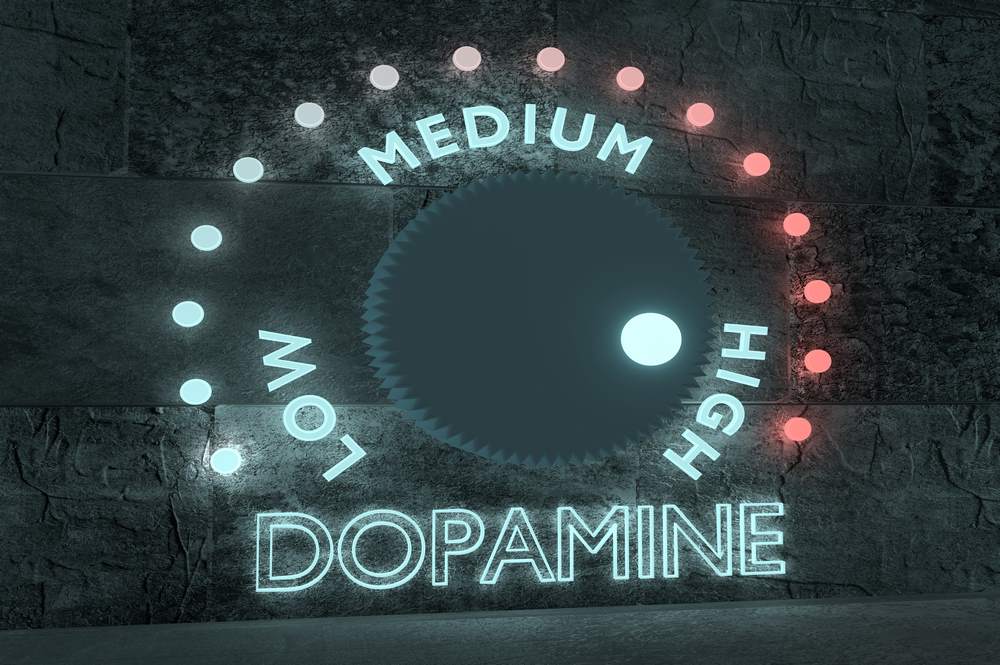What Causes Parkinson’s Disease?

the brain. The scientist precisely does not know why these changes in brain happen but there is identification of some variations that occur in the brains of people with Parkinson’s disease. Following are some possible causes of Parkinson’s disease:
- Low dopamine levels
Scientists explain the occurrence of Parkinson’s disease symptoms mainly due to falling or low levels of dopamine in brain. Dopamine is a neurotransmitter which is responsible for the smooth coordination of smooth muscle movements. Dopamine levels starts dropping when the cells producing dopamine begin to die in the brain. Dopamine plays a huge role in the transferring of messages to a part of the brain responsible for controlling movement and coordination. Therefore, low levels of dopamine can make it difficult for the people to smoothly control their movements. As levels of dopamine continue to drop, symptoms of Parkinson’s disease start becoming more severe thus leading to the progression of the neurological disorder.
